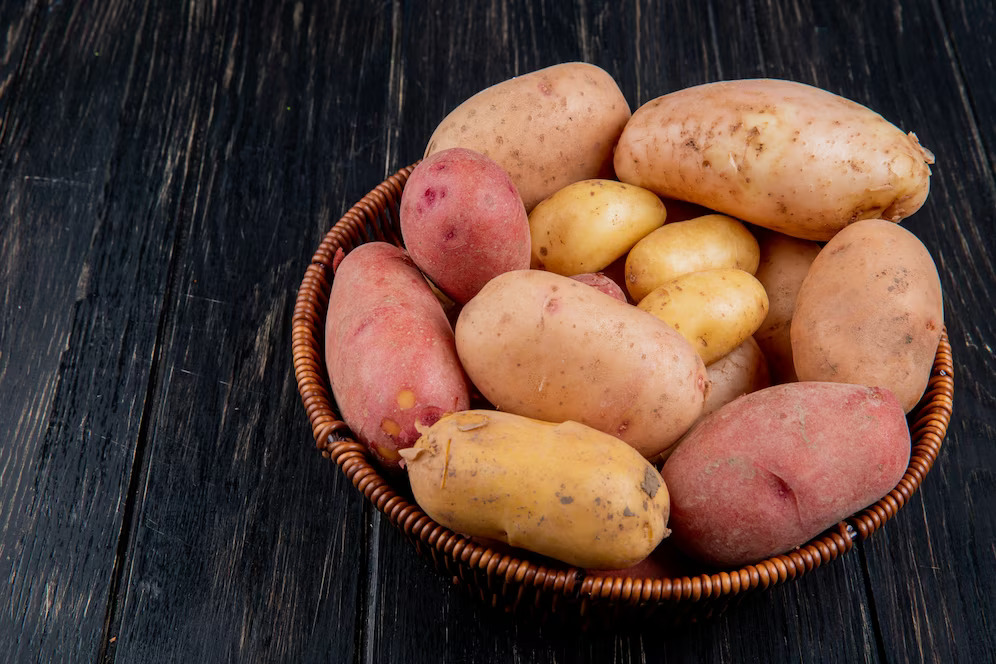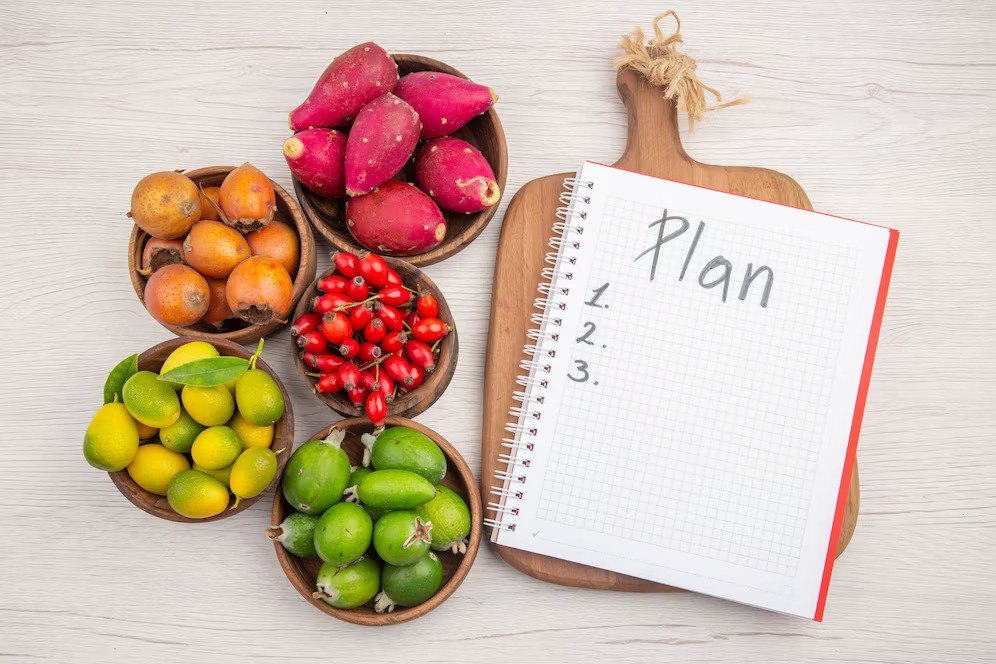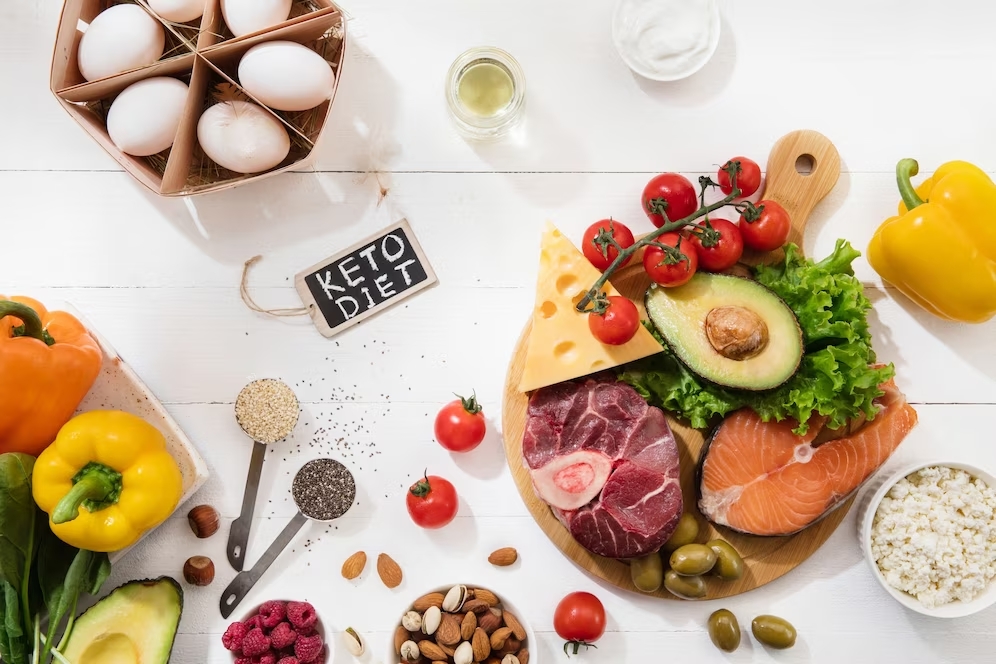Amidst the constant hustle and bustle of life, striving for a healthier lifestyle might seem daunting, especially when you’re on a budget. But here’s the good news: nourishing your body and your bank account can go hand in hand. Welcome to the world of Healthy Eating on a Budget, where we’ll embark on a journey to discover how you can savor delicious, nutrient-packed meals without emptying your wallet.
Why Choose Healthy Eating on a Budget?
Benefits of Balancing Health and Finances
Picture this: a life where you can relish mouthwatering, wholesome dishes while saving money for your future endeavors. By opting for healthy eating on a budget, you’re not only investing in your well-being but also securing your financial stability.
Planning Your Budget-Friendly Meals
Creating a Strategic Grocery List
The path to budget-friendly eating begins with strategic planning. Crafting a well-thought-out grocery list not only prevents impulse buys but also ensures you have everything you need for nutritious meals throughout the week.
Meal Prepping for Success
Imagine returning home after a long day and having a delicious, home-cooked meal ready in minutes. That’s the magic of meal prepping, a budget-savvy practice that saves you time, money, and stress.
Smart Shopping for Nutrient-Rich Foods
Navigating the Produce Aisle
The produce aisle isn’t just a feast for your eyes; it’s a haven for your health and budget. Fruits and vegetables in season are not only bursting with nutrients but also tend to be more affordable and flavorful.
Opting for Whole Grains
Say goodbye to expensive processed foods and hello to wallet-friendly whole grains. Brown rice, quinoa, and oats provide sustained energy, fiber, and versatility to your meals.
Protein Sources that Don’t Break the Bank
Protein is essential, but you don’t need to splurge on premium cuts of meat. Budget-friendly protein sources like beans, lentils, eggs, and canned tuna are both nutritious and cost-effective.
Cooking Creatively: Making the Most of Ingredients
Repurposing Leftovers
Leftovers aren’t just saved food; they’re opportunities for culinary creativity. Transform last night’s dinner into a brand-new, exciting meal.
Versatile Ingredients for Multiple Meals
Keep your meals exciting by utilizing versatile ingredients that can be used in various dishes. For example, a batch of roasted veggies can become a salad, a wrap, or a stir-fry.
Eating In vs. Eating Out: Cost Comparison
Hidden Costs of Dining Out
Eating out may seem convenient, but the costs can add up quickly. Restaurant bills often include not just the food but also service charges and tips.
Embracing Seasonal and Local Foods
Freshness and Cost-Effectiveness
Choosing seasonal and locally sourced foods not only supports your community but also guarantees freshness and affordability.
DIY Snacks and Beverages
Creating Your Own Nutritious Snacks
Skip the expensive store-bought snacks and create your own. From trail mixes to energy bars, DIY snacks are customizable, budget-friendly, and free from unnecessary additives.
Homemade Drinks for Savings
Satisfy your thirst with homemade beverages like infused water, herbal teas, and smoothies. These options are not only healthier than sugary sodas but also gentler on your wallet.
Bulk Buying and Batch Cooking
Advantages of Buying in Bulk
Buying in bulk can significantly lower your grocery bill over time. Staples like grains, beans, and nuts are often cheaper when purchased in larger quantities.
Batch Cooking for Convenience
Spend less time cooking on busy weekdays by preparing large batches of meals over the weekend. This practice saves you both time and money while ensuring you always have a nutritious option on hand.
Couponing and Discounts for Healthy Choices
Finding Deals on Healthier Options
Couponing isn’t limited to processed foods. Many stores offer discounts on fresh produce, lean proteins, and whole grains, helping you make healthier choices without overspending.
Avoiding Food Waste: A Budget-Friendly Move
Meal Planning to Minimize Waste
Food waste is both environmentally and economically detrimental. Plan your meals ahead to avoid overbuying and ensure that ingredients are used efficiently.
Creative Uses for Scraps
Transform food scraps into new culinary creations. Vegetable peels can be turned into chips, and chicken bones can be used to make nutrient-rich broth.
Plant-Based and Meat Alternatives on a Budget
Affordable Plant-Based Proteins
Plant-based eating isn’t just trendy; it’s also budget-friendly. Incorporate affordable plant-based proteins like tofu, tempeh, and legumes into your meals.
Balancing Macronutrients Affordably
Finding Budget-Friendly Sources of Carbs, Proteins, and Fats
Balanced meals don’t have to break the bank. Combine budget-friendly carbs, proteins, and healthy fats for well-rounded, satisfying dishes.
Healthy Eating Hacks for Busy Lifestyles
Quick and Nutritious Meals on the Go
Busy schedules don’t mean compromising on health. Prepare quick and nutrient-packed meals that you can take with you wherever you go.
Mindful Eating: Portion Control and Cost Savings
Eating Less for More Savings
Portion control isn’t just about health; it’s also about managing your budget. By eating smaller portions, you reduce food waste and save money.
Staying Hydrated Healthily and Economically
The Role of Water in Health
Water is the ultimate budget-friendly beverage. It’s not only essential for your health but also costs much less than sugary drinks.
Budget-Friendly Hydration Options
Infuse your water with fruits, herbs, or cucumbers for a refreshing twist that adds flavor without the added expense.
Meal Planning Apps and Resources
Leveraging Technology for Savings
Discover meal planning apps and online resources that can help you organize your grocery lists, plan your meals, and save money.
Educating Yourself: Nutrition Knowledge Is Power
Making Informed Choices
Equip yourself with nutritional knowledge. Understanding what your body needs empowers you to make informed, budget-friendly choices.
Prioritizing Health in the Long Run
Investing in Preventive Care
Healthy eating isn’t just about the present; it’s an investment in your long-term well-being. By prioritizing health now, you can potentially prevent future health issues.
In a world where fast food and convenience often take center stage, embracing healthy eating on a budget is a rewarding choice. By planning your meals strategically, shopping smartly, and cooking creatively, you can nourish your body while being mindful of your finances. Remember, the journey to good health and financial stability is a marathon, not a sprint. Each small choice you make in favor of your health today contributes to a brighter and more prosperous future.

David M is a seasoned author renowned for his expertise in health tips and homemade remedies. With a passion for wellness, he diligently researches and meticulously analyzes a plethora of online resources, ensuring their credibility. David’s dedication shines through as he curates invaluable information, catering to health enthusiasts.










